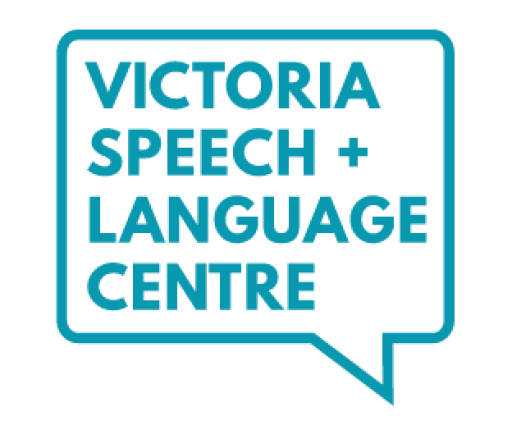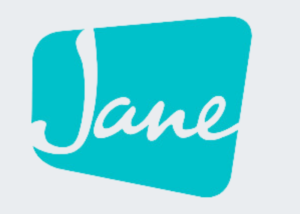Orofacial Myofunctional Therapy (OMD)
Orofacial Myofunctional Therapy
(OMD)
Orofacial Myofunctional Therapy aims to correct oral resting posture, breathing patterns, and swallowing habits through specialized exercises.
This therapy addresses Orofacial Myofunctional Disorders (OMDs), which can affect facial muscle development and functions like eating, talking, and breathing in both children and adults.
If needed, speech therapy will be included with orofacial myofunctional therapy in order to improve speech production.
Who Does OMD Therapy Help?
Oromyofunctional therapy may benefit those who suffer from a variety of symptoms, including:
Benefits of Orofacial Myofunctional Therapy:
How to Book
All of our Orofacial Myofunctional Services start with an initial assessment. This is to ensure that our OMD specialists can see and understand your specific OMD needs. This helps them determine if therapy is recommended, and if so, the type, frequency, and duration of therapy to best support you.
Book your Assessment
Adult OMD Assessments require just one 90 minute in-person appointment.
Choose your location below.
Orofacial Myofunctional Assessments for children (pediatric clients) require a 30 minute virtual parent consultation before the in-person portion of the assessment.
After you have completed the initial virtual consultation, your Orofacial Myofunctional specialist will assist you in booking the 60 minute in-person portion of your child’s assessment.

Did you know?
Some children and adults may push out their tongue when they talk, drink, or eat. This is called Tongue Thrusting or Fronting, and it is one type of Orofacial Myofunctional Disorder (OMD.)
Why Choose Orofacial Myofunctional Therapy?
Orofacial myofunctional therapy can be a transformative choice for those struggling with oral and facial muscle issues. It addresses fundamental problems that may affect breathing, swallowing, speech, and even facial development. By correcting these issues, patients can experience improved overall oral health, better sleep quality, enhanced speech clarity, and a more balanced facial appearance.

What Funding Covers Orofacial Myofunctional (OMD) Therapy?
Autism Funding and Billing Information
To determine if you can bill our Orofacial Myofunctional Services to Autism Funding, we recommend contacting them directly for eligibility details.
Alternative Funding Options
Some extended health benefits also cover “Services with a Speech Language Pathologist,” so we encourage you to check with your benefits provider.
Please see our Funding Page or Contact Us for more information.

